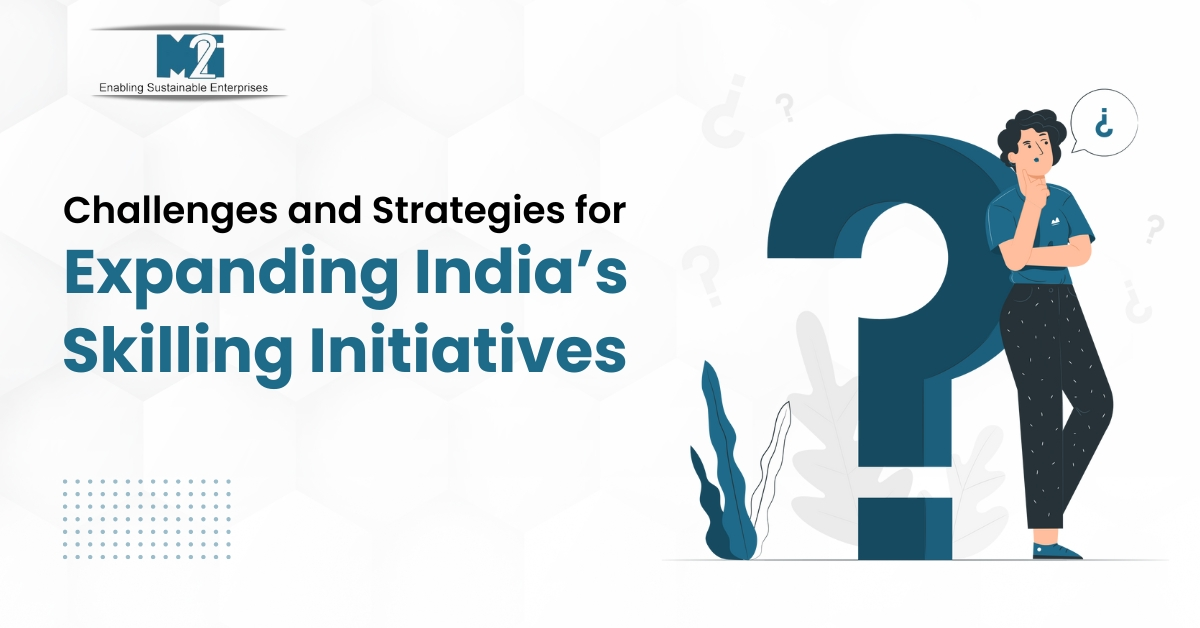
Challenges and Strategies for Expanding India’s Skilling Initiatives
As India strides towards becoming a global knowledge economy, scaling up its skilling initiatives is paramount. However, the diversity of its population in terms of languages, cultures, and socio-economic backgrounds presents unique challenges in uniformly implementing these initiatives.
Challenges in Scaling Up One of the primary challenges is the vast regional disparity in access to education and technology. Rural areas often suffer from a lack of infrastructure, which impedes the delivery of skill training programs. Additionally, the diverse linguistic landscape of India means that training materials need to be customized in multiple languages to be effective. There is also a pressing need to align the skills imparted with the rapidly changing demands of the industry, ensuring that the workforce remains employable.
Strategies for Effective Scaling To overcome these hurdles, a multi-pronged strategy is essential. First, policy adjustments must ensure that skilling initiatives have the flexibility to adapt to local needs while maintaining a standard quality across the board. This could involve more significant government support in terms of funding and creating a regulatory environment that encourages private sector participation and investment in skill development.
Technological innovations can also play a crucial role. The use of mobile technology and internet penetration can be leveraged to reach remote areas. Online platforms can deliver training in multiple languages and formats, making skill development accessible to a broader audience. Furthermore, data analytics and AI can be used to monitor progress and adapt training programs in real-time based on feedback and changing industry trends.
Finally, partnerships between educational institutions, industry, and government can help in creating a cohesive ecosystem that supports and sustains skilling efforts. These partnerships can ensure that training programs are not only scalable but also aligned with economic needs and job market requirements.
By addressing these challenges with comprehensive and innovative strategies, India can effectively scale its skilling initiatives, making them more robust and inclusive. This will not only help in creating a more skilled workforce but will also propel the country towards sustainable economic growth and development.